Living off the grid is an enchanting prospect for many, offering a retreat from the fast-paced, connected world. Off-grid cabins and cottages are perfect sanctuaries for those seeking peace, solitude, and a closer connection to nature. We will examine what it takes to be off the Grid in Your Cabin. We’ll explore what it truly means to disconnect and live independently. From the essential features of off-grid homes to the ins and outs of finding remote outdoor living properties for sale, we aim to provide a comprehensive guide for anyone considering this lifestyle. Whether you’re curious about the practicalities or dreaming of your eco-friendly haven, read on to discover how you can transition to an off-grid life.
Table of Contents – Living Off the Grid
Understanding Off-Grid Living
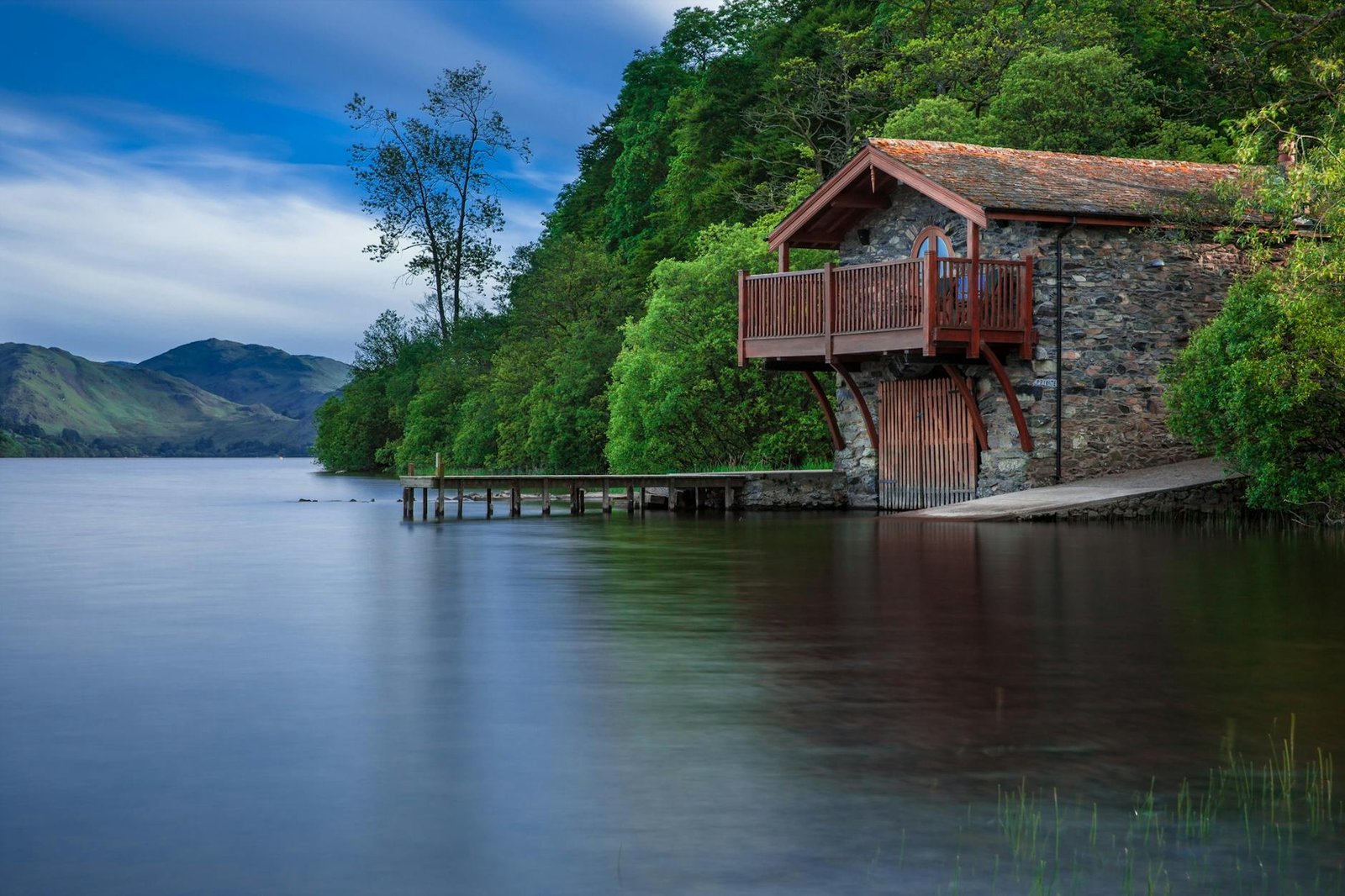
What Does ‘Off-Grid Living’ Mean? Off-grid living refers to a self-sufficient lifestyle with minimal or no reliance on public utilities, such as electricity, water supply, and sewer systems. Instead, off-gridders often use alternative energy sources like solar power, wind turbines, and rainwater harvesting to meet their needs.
Benefits of Choosing an Off-Grid Lifestyle
- Freedom and Independence: Living off-grid means you’re not dependent on the stability or pricing of public utilities.
- Environmental Impact: Reducing reliance on fossil fuels and decreasing your carbon footprint can significantly benefit the planet.
- Potential Cost Savings: After initial investments in systems and infrastructure, the ongoing costs can be lower than traditional living, depending on your resource management.
Challenges of Off-Grid Living
- Upfront Costs: Setting up an off-grid home can be expensive due to the cost of solar panels, batteries, and other sustainable technologies.
- Maintenance and Reliability: Systems need regular maintenance, and backups are crucial for managing outages or failures.
- Lifestyle Adjustments: Off-grid living often requires a significant change in lifestyle habits, emphasizing conservation and efficient use of resources.
Essential Features of Off-Grid Cabins and Cottages
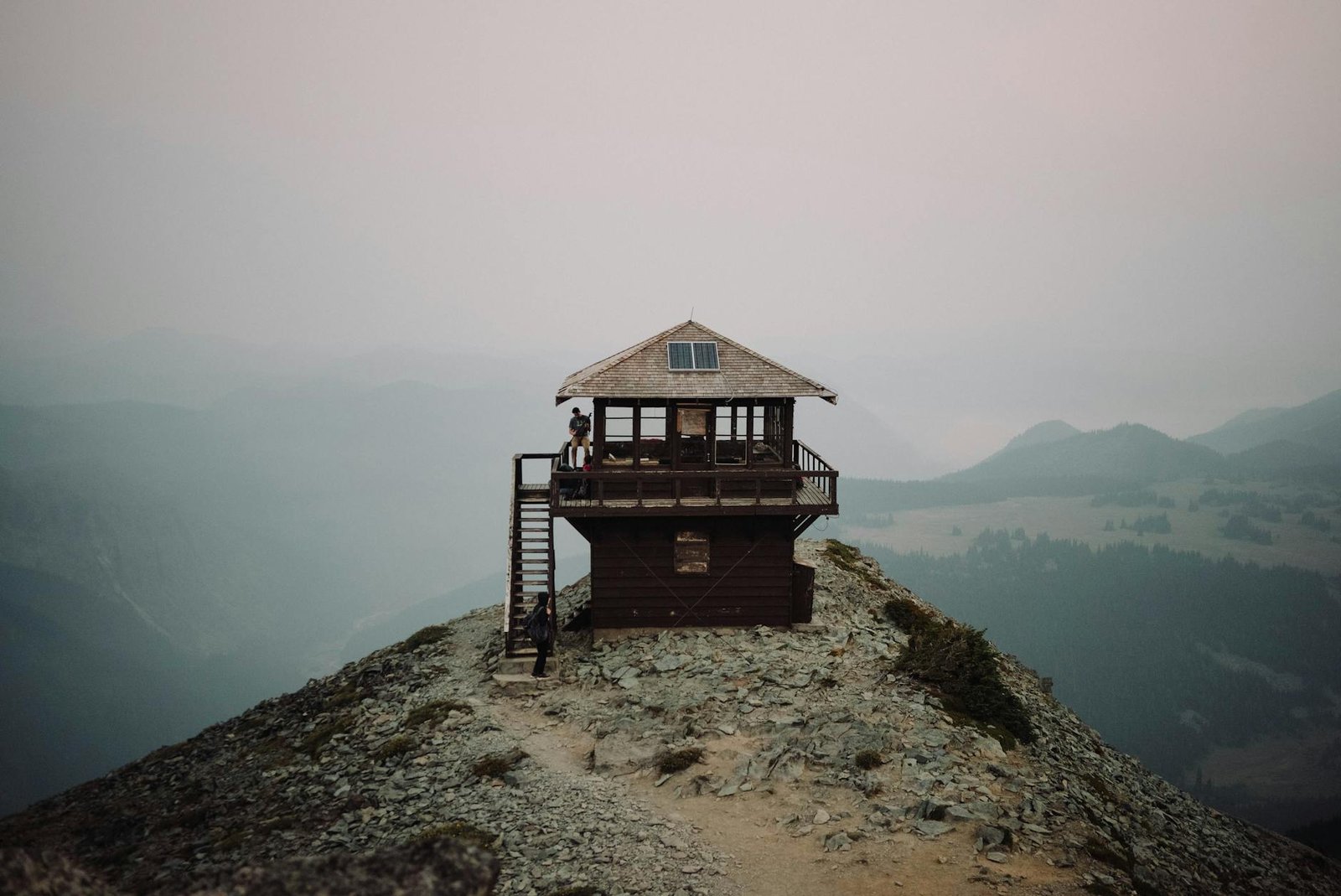
Key Features for Self-Sufficiency
An off-grid cabin or cottage typically includes:
- Energy Systems: Solar panels, wind turbines, or hydroelectric systems are common for electricity.
- Water Solutions: Rainwater collection systems paired with purification setups, and sometimes well water, are essential.
- Waste Management: Composting toilets and waste reduction strategies help manage sewage and garbage.
Technologies That Enable Off-Grid Living
- Solar Power Systems: Including photovoltaic panels, charge controllers, batteries, and inverters.
- Heating and Cooling: Passive solar design, wood stoves, and efficient insulation are critical for temperature management.
- Communication Tools: Satellite internet and radios ensure connectivity when needed, despite remote locations.
These features ensure that an off-grid home remains operational and comfortable despite its remote location and lack of traditional utilities. By understanding and integrating these elements, off-grid living can be feasible and deeply rewarding.
This introduction and the first two sections set the stage for a detailed exploration of off-grid living, highlighting the allure and the practical considerations of such a lifestyle shift.
How to Live Off the Grid in a Cabin
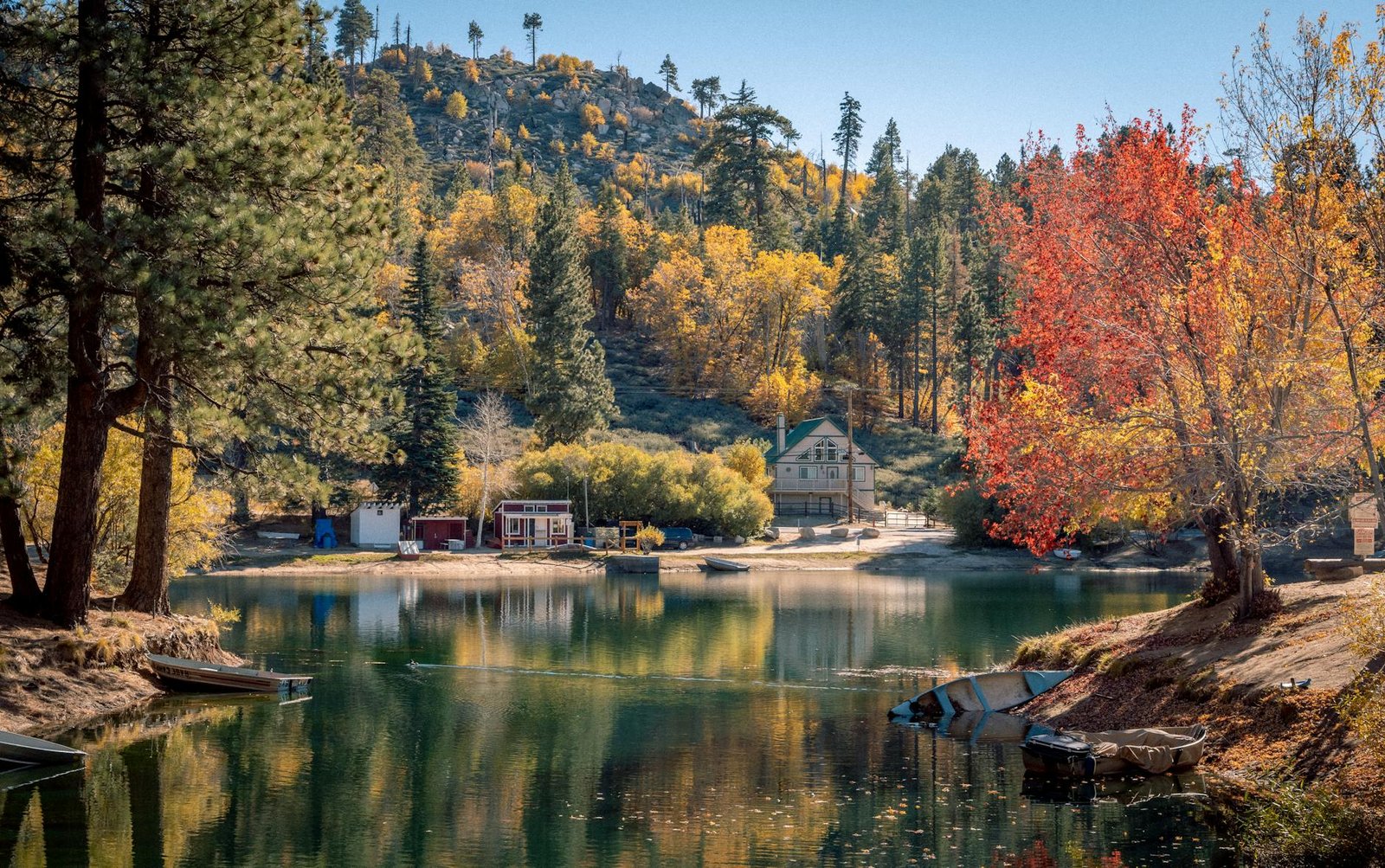
Preparing for Off-Grid Living
Living off the grid requires thoughtful preparation and a willingness to adapt. Here’s how to get started:
- Assess Your Needs: Understand what you’ll require in terms of water, power, and heat based on your location and lifestyle.
- Learn Essential Skills: Basic skills in carpentry, plumbing, and electrical work can be invaluable. Also, understanding how to manage renewable energy sources is crucial.
- Choose the Right Location: Consider factors like climate, natural resources, and accessibility. Remote doesn’t always mean inaccessible, but it should meet your needs for both isolation and practical living.
Managing Resources
- Energy Conservation: Use energy-efficient appliances, LED lighting, and conserve power wherever possible.
- Water Use: Implement systems to reduce water usage, such as low-flow fixtures and water-efficient gardening techniques.
- Waste Reduction: Reduce, reuse, and recycle. Composting organic waste and planning meals to minimize waste can significantly impact.
Case Studies
- Example 1: A family in Montana lives off-grid using a combination of solar and wind power, demonstrating how mixed renewable technologies can provide reliable energy.
- Example 2: A couple in Sweden uses a rainwater collection system and a bio-digester for waste management, showcasing how to live sustainably in a cold climate.
Best Off-Grid Cabins and Cottages for Rent
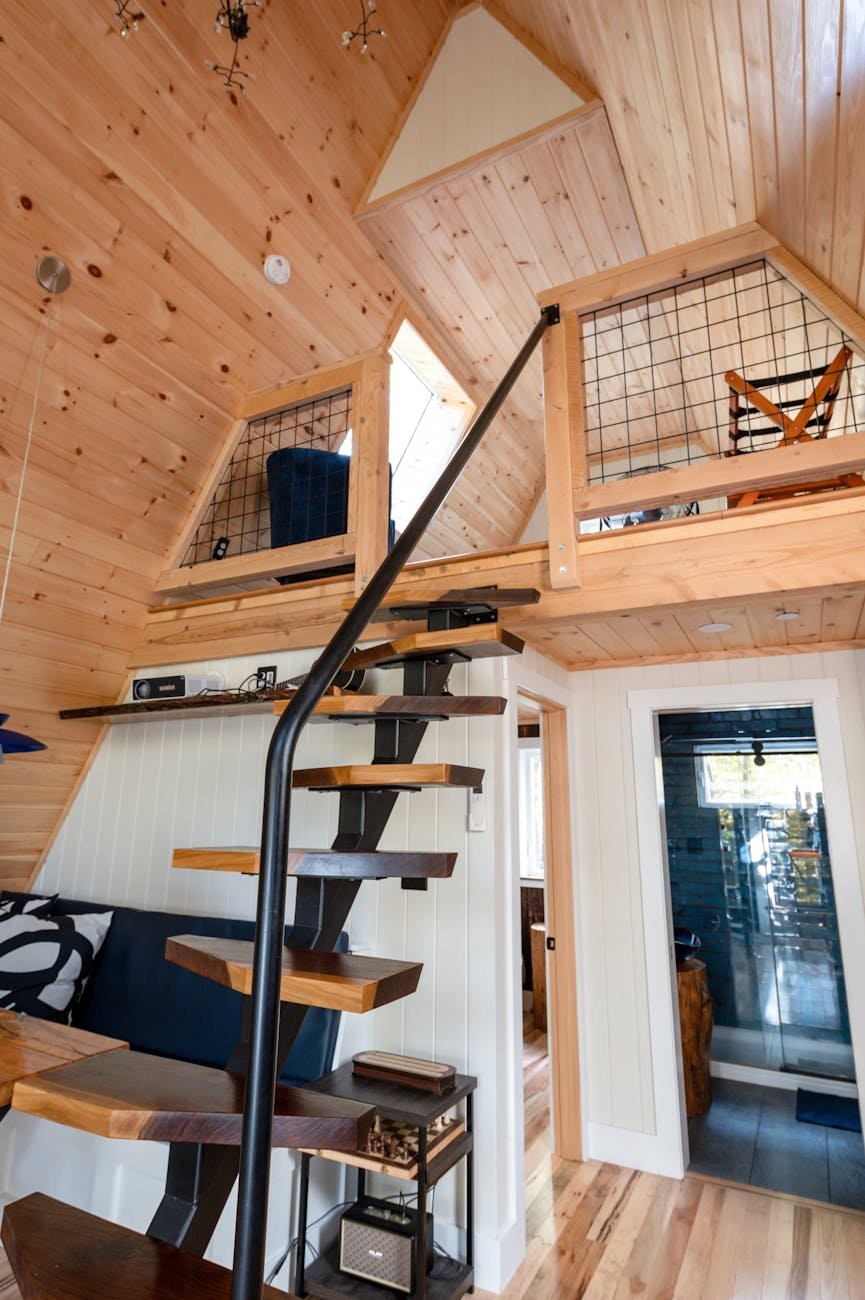
Top Locations to Consider
- The Rockies, USA: Known for its stunning landscapes and plentiful wildlife, offering a true back-to-nature experience.
- Scottish Highlands, UK: Remote cottages surrounded by rugged scenery, ideal for those looking to escape the hustle and bustle.
- Tasmania, Australia: Offers unique wildlife and lush forests, perfect for off-grid living with a touch of adventure.
What to Look for in a Rental
- Sustainability Features: Ensure the property has reliable off-grid systems like solar power and water recycling.
- Accessibility: Depending on your comfort level with isolation, check how accessible the property is in case of emergencies.
- Local Resources: Consider the availability of local resources and whether you can source essentials like food and water locally.
Tips for First-Time Off-Grid Vacationers
- Pack Wisely: Bring items that reduce your reliance on external resources, such as solar chargers.
- Prepare for the Unexpected: Have backup plans for power and water. Bring additional supplies like water purifiers and emergency lights.
- Embrace the Experience: Adjust your daily routines to maximize daylight use and immerse yourself in the tranquility of off-grid living.
Eco-Friendly Off-Grid Homes
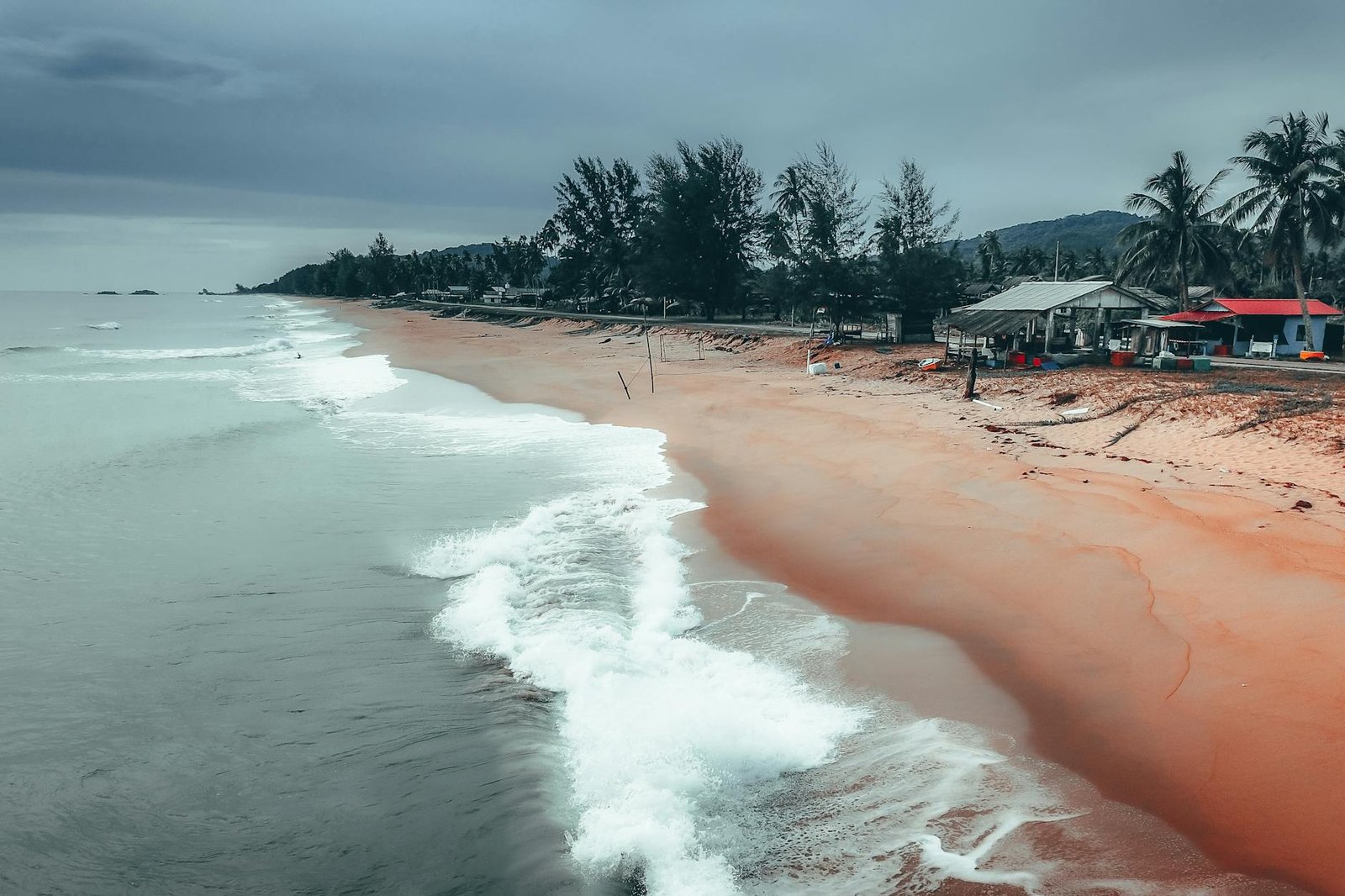
Building Materials and Design
- Sustainable Materials: Use locally sourced, natural materials like bamboo, reclaimed wood, or cob to reduce environmental impact.
- Design for Efficiency: Incorporate passive solar design to take advantage of the sun’s heat during winter while minimizing overheating in summer.
Environmental Conservation
- Impact on Local Ecosystems: Design and build with a minimal footprint, consider local wildlife, and use native plants in landscaping.
- Renewable Energy Integration: Utilize systems like geothermal heating and solar panels to power the home sustainably.
Examples of Eco-Friendly Off-Grid Homes
- Earthship, New Mexico: Built from natural and recycled materials, these homes are designed to operate completely off-grid, managing water, waste, and energy on-site.
- Bamboo House, Bali: Utilizes bamboo for its rapid renewability and strength, representing a shift towards sustainable architectural practices.
Remote Cabins and Cottages for Sale
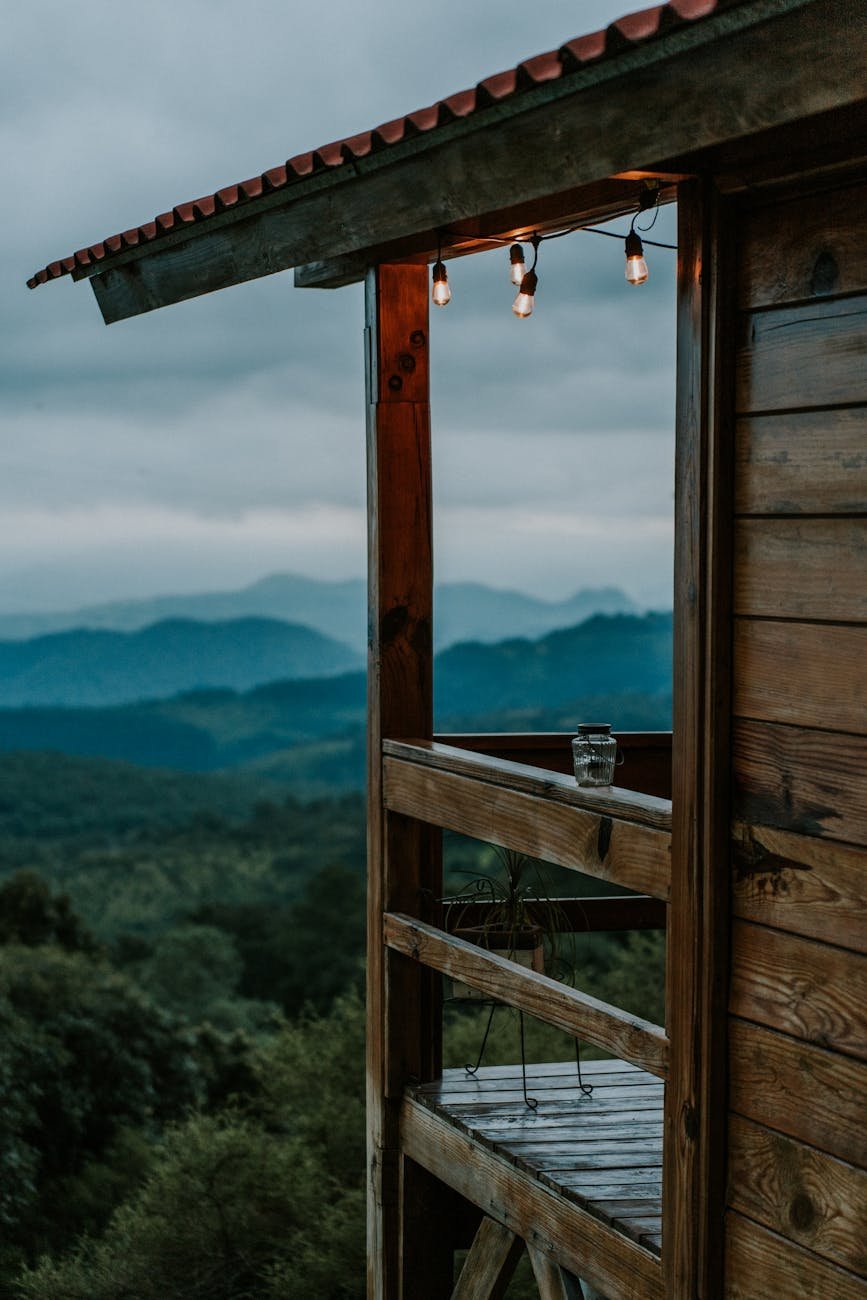
Finding the Right Off-Grid Property
When searching for the perfect off-grid cabin or cottage to buy, consider the following:
- Location and Access: Properties might be remote, but access is crucial, especially for emergency services and supplies.
- Land and Resources: Look for properties with access to natural resources such as water (streams, lakes) and land suitable for cultivation.
- Legal Considerations: Check local zoning laws and regulations related to off-grid living, particularly regarding water rights and renewable energy installations.
Key Considerations for Buyers
- Budgeting for Off-Grid Systems: Factor in the costs for setting up or upgrading solar panels, water systems, and other essential infrastructure.
- Inspecting Existing Systems: Ensure any existing off-grid systems are up to date and functioning efficiently. Consider the cost of potential upgrades or replacements.
- Community and Isolation: Some off-grid communities are more communal, while others offer complete isolation. Decide which environment suits your needs best.
Market Examples
- A Cabin in Colorado’s Rockies: Offering solitude and pristine natural surroundings, perfect for those looking to disconnect completely.
- A Coastal Cottage in Maine: Ideal for those interested in a marine environment and the opportunity to harness wind power.
Video: Off Grid Cabin In The Woods…Start to Finish
Final Thoughts About Off the Grid In Your Cabin
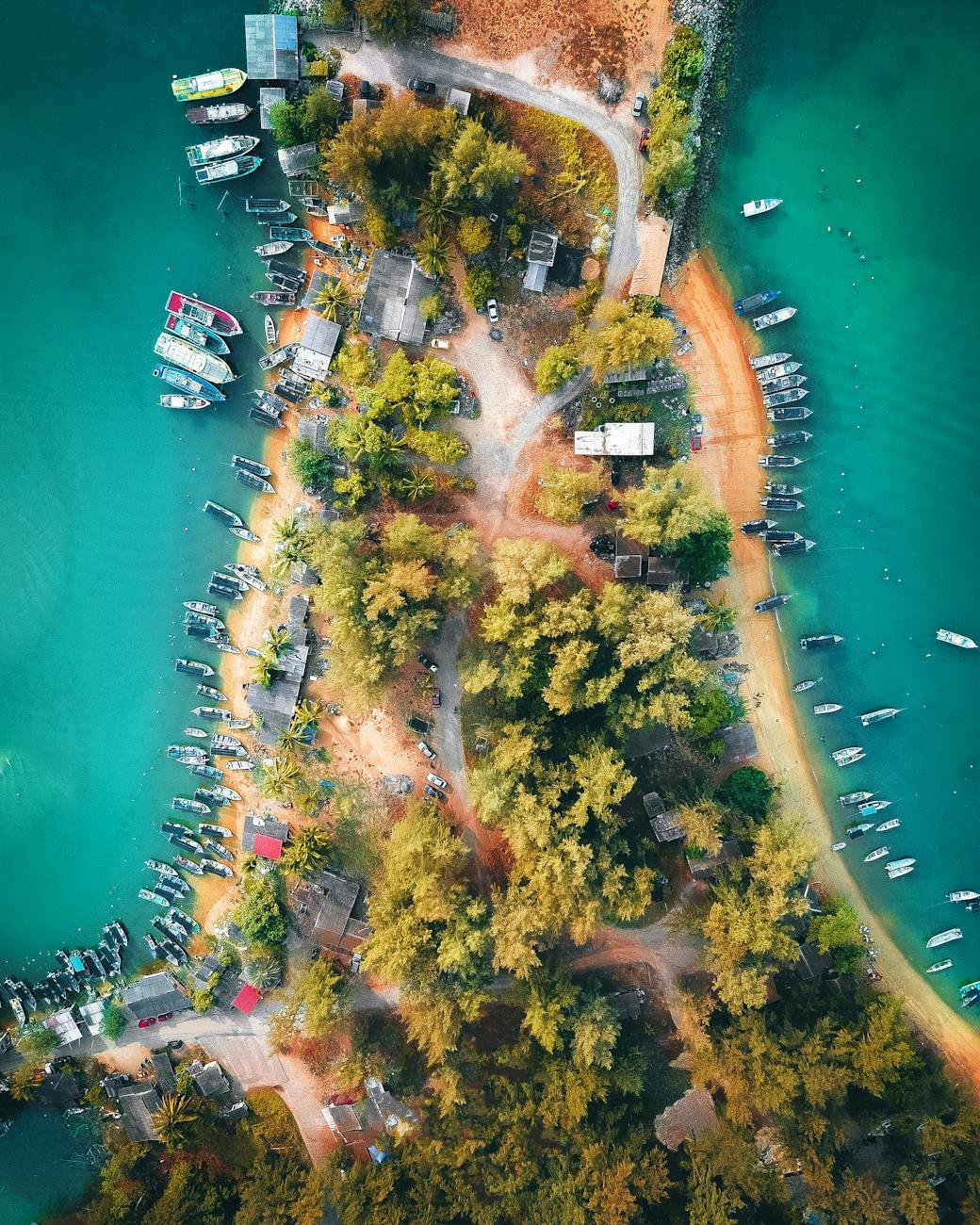
Choosing to live off the grid in a cabin or cottage is not just about where you live—it’s about embracing a lifestyle committed to sustainability and self-reliance. The benefits, such as reduced environmental impact and a closer connection to nature, can lead to a profoundly fulfilling life. However, it’s crucial to understand the challenges and responsibilities that come with such a choice.
Is Off-Grid Living Right for You?
Consider your readiness to adapt to the challenges, your ability to manage resources efficiently, and your desire for either solitude or community living. Off-grid living demands a significant shift from conventional lifestyles, but for many, the rewards are well worth the effort.
Encouragement to Take the Next Step
If you’re inspired to explore off-grid living further, we encourage you to research more deeply, visit communities, and possibly rent an off-grid cabin to experience this lifestyle first-hand. For those ready to make the transition, consulting with experts in off-grid systems and real estate can provide valuable guidance.
Call to Action
Are you considering off-grid living, or do you have experiences to share? Join the conversation below and let us know your thoughts and questions about off-grid life. For those who have already made the leap, your insights could be invaluable to others just starting on this path.
Share and Connect
If you found this guide helpful, share it with friends or on social media to help others discover the beauty and challenges of off-grid living. Connect with off-grid communities online to learn more and gain support as you explore this unique lifestyle.
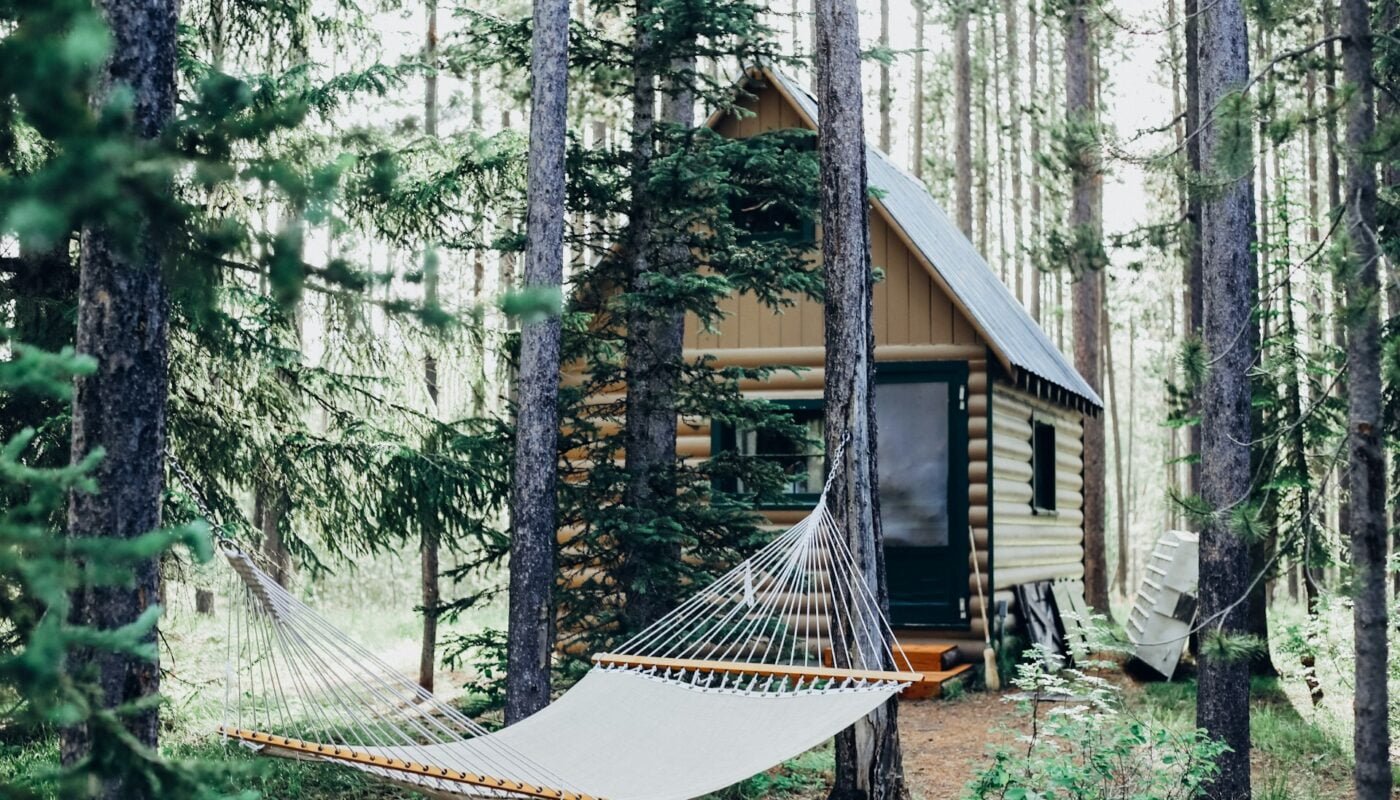
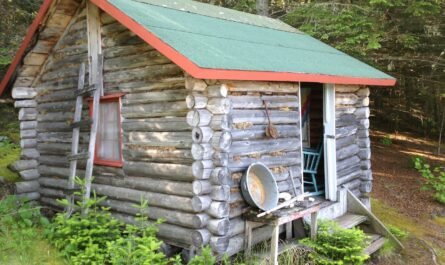
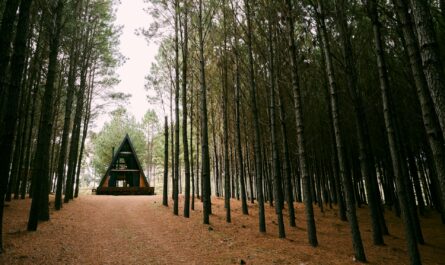
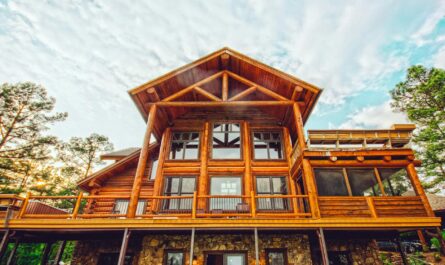
Your blog has quickly become one of my favorites I always look forward to your new posts and the insights they offer